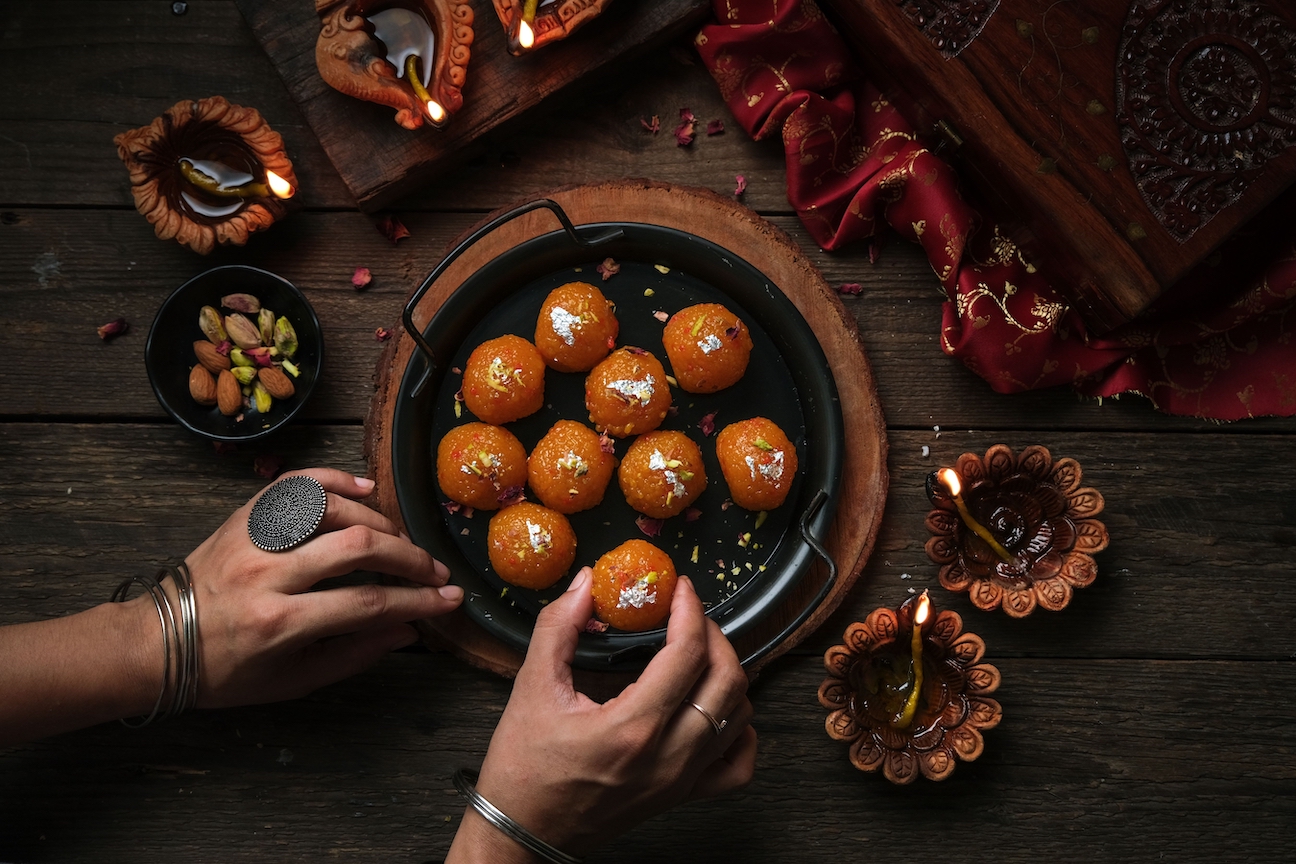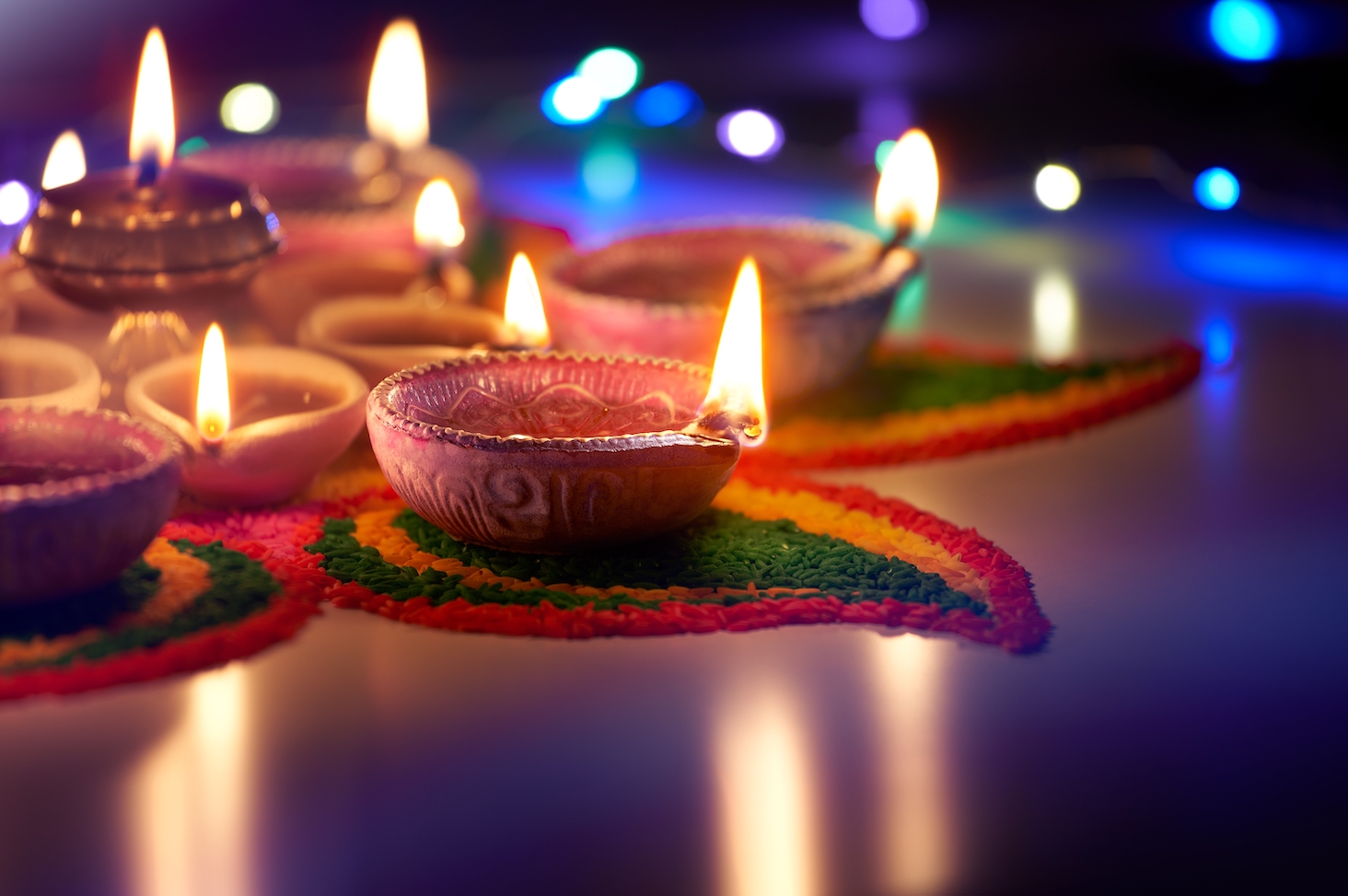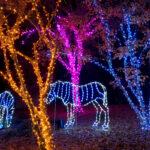Diwali, the festival of lights is the most awaited and the most celebrated festival of India. People throughout the country welcome the festival enthusiastically. This wonderful festival is a five-day celebration, but it is on the third day that the key rituals of the Diwali festival take place – the Lighting of Diyas, worshipping the Laxmi Ganesha to summon health and wealth for the upcoming year, and lighting firecrackers.
The exchange of heartfelt gifts during Diwali has now become a mandatory part of the celebration. Friends, families, and colleagues share with each other Diwali gifts as a gesture of showing love and appreciation. Feasts are also mandatory and include different varieties of sweets and savory foods.

7 Facts about Diwali
1). People often think of Diwali as a Hindu festival, but it is also celebrated by Sikhs and Jains.
2). Diwali takes place annually and lasts for five days, marking the start of the Hindu New Year. The exact dates change each year and are determined by the position of the moon – but it usually falls between October and November.
3). The word Diwali (or Deepavali as it’s sometimes called) means “row of lights” in Sanskrit. During the festival, people decorate their homes with lights and oil lamps, called diyas.
4). For some, Diwali honors the Hindu goddess of wealth, Lakshmi. The lights and lamps are said to help Lakshmi find her way into peoples’ homes, bringing prosperity in the year to come.
5). Diwali is also a celebration of good triumphing over evil, and different legends based on this theme are associated with the holiday. In northern India, Hindus celebrate the return of the deities (gods) Rama and Sita to the city of Ayodhya, after defeating the evil king Ravana.
6). Rangoli is a popular Diwali tradition –– beautiful patterns made using colorful powders and flowers. People draw rangoli on the floor by the entrance of their homes to welcome the gods and bring good luck.
7). Diwali is celebrated by thousands of people in countries all around the world. During Diwali, Hindus living outside India gather at places of worship called mandirs to leave offerings to deities, watch fireworks displays, and share food.



